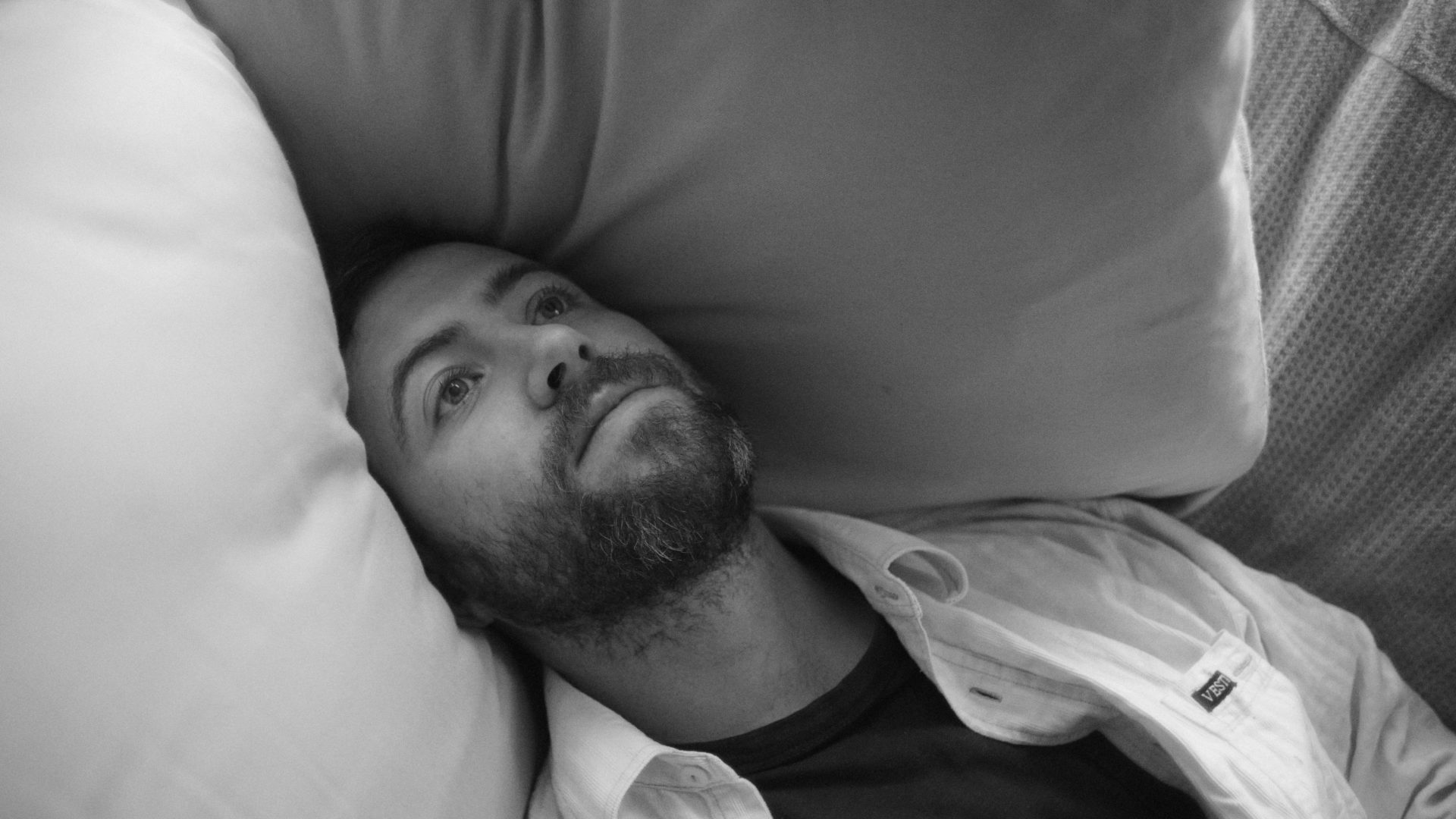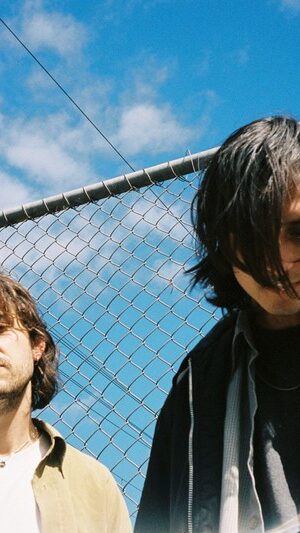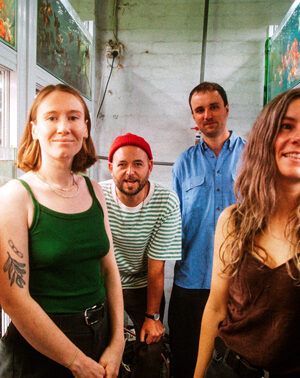TMR TALKS TO...
MICHAEL BAKER
In this interview feature, we get to know the most radicalist up and coming stars on the planet.
This time we’re chatting with Michael Baker, a progressive songwriter with a penchant for forward-thinking folk.
Michael Baker's first album, Dust & Bone came from a period of time spent living in a van and a self-proclaimed “bad place”, but showed an incredibly promising songwriting ability, full of soaring, grand textures and delicate indie-folk composition. After a few weeks writing and recording in his childhood home, Oliver Baldwin agreed to mix the record in Real World Studios, and thus, his new album, Salt, was born. It’s an impressive selection of tracks, drawing from the more overt folk influences of Bon Iver and Cat Stevens, all the way to the underpinning presence of Pink Floyd. In addition to our two List Picks 'Baby Books' and 'Past The Evening', the single ‘They Look Just Like They Know’ gained some attention for the album. Although, it's also subtle gems like ‘Hippy Dippy’ that are what keep the listener interested throughout all ten tracks.
We were lucky enough to catch Baker to talk about everything from mental health to progressive rock.
TMR: Which track that we haven’t already heard from Salt are you most excited for your audience to hear? Why?
The track called 'Hippy Dippy' I think is my favorite on the album even though I didn't bring it out as a single. It was a real moment when we recorded it and I think we captured something really special. 'Hippy Dippy' was just a working title that was more to do with the melody and the vibe, and I always planned on changing it, but when it came to it the name had stuck.
TMR: ‘They Look Like They Know’ is a very reflective track. What was the inspiration behind that one?
I wrote ‘They Look Just Like They Know’ when I had moved to Brighton after spending a couple of years of living in my Van and moving around. This song is a melancholic ponder on both the comfort and discomfort of memories, and how sometimes, in the darker times, your own home can feel strange and unfamiliar. It’s the difference between feeling at home in your mind, and feeling trapped in it. It’s a track about the face of mental health and how you can see it in people around you. It's that unspoken understanding between each other.
TMR: One of the most touching tracks on Salt is ‘Baby Books’, which deals directly with suicide. Did you find it therapeutic to turn such a traumatic event into such beautiful music?
It was difficult, and actually I felt almost guilty writing about it. Most of the time I feel that this song is not my song to sing, but then I remember the solution of all this is to talk more openly and be prepared to share our inner demons with friends and loved ones.
TMR: ‘Baby Books’ is also a standout track on the album due to its texture. What made you include that underpinning, driving percussion rhythm that persists throughout the track?
The drum beat actually came from a drum loop i found on my loop pedal. It was the thing that started the whole track off and it kind of wrote itself from there. It's something i want to do a lot more of on future albums and push myself to not just write on my guitar. The beautiful guitar ideas that revolve around each other came from Tom and Oli who play guitar in the band. They have such a great way of playing together so in sync and you can really hear it on this track.
TMR: How did you achieve the soaring, cinematic textures of ‘Little Hands’?
Like most of this record it was the 6 of us recording live in one room. With this one Andy underpinned the track from the start with a low rumbling synth that opens out as the track progresses. It really set the vibe from the start to bring just an edge of electronic to the track. There’s a lot of beautiful delays going on from the guitars on the track too that play off each other. It's the first track I've recorded where I play piano on, so it instantly sounds a bit different to anything I have done.
TMR: Do you view Salt as a collection of unrelated tracks, or do you think the album needs to be heard in the correct order, as one continuous experience?
I nearly always prefer listening something in full, rather than dotting in an out. I think more often than not listening to a whole album can take you on a journey. Crack some headphones on and give it a listen in full!
TMR: What did your first attempt at making music sound like?
My first attempt at music was at about 13/14 years old in the attic of my best mates house ripping off Nirvana riffs very badly. it was wonderful!
TMR: You mention that Common Tongues and Fred Hills sound like “prog meets synth meets folk”, and this eclectic mixture of genres really comes through in Salt. Who are some of your most diverse influences?
I'm absolutely in love with a band called Big Thief, they are the perfect blend of dreamy folk with elements of grunge that pull in and out of their sound. I think there are clear influences to my music from musicians like Ben Howard, Nathaniel Rateliff and Bon Iver, but also bands like War on Drugs, who I saw in the middle of making this record. Their guitar interplay is just beautiful and they manage to bring an energy whilst still hitting you in the feels. I grew up listening to Bob Dylan, John Martyn, Cat Stephens, Leonard Cohen so I think there is a big range of music that has influenced me throughout my life.
TMR: Having said that, who would be your dream collaborator?
I would love to meet and work with Bon Iver. I think he has been so important in busting open the singer-songwriter genre and I absolutely love everything he puts out. It would be a dream come true. Although I would also really like to work with Adrianne Lenker from Big Thief. Her writing and music is pure genius!
TMR: Do you get more satisfaction from seeing the audience response to live shows or studio releases?
Writing and recording music is an amazing process, but it can take a long time and you can sometimes lose touch with the songs - even without realising. But playing live to an audience allows the music to breathe and come alive. The give and take of the musicians and the live audience is one of the most amazing things to be a part of.
By Dan Peeke




